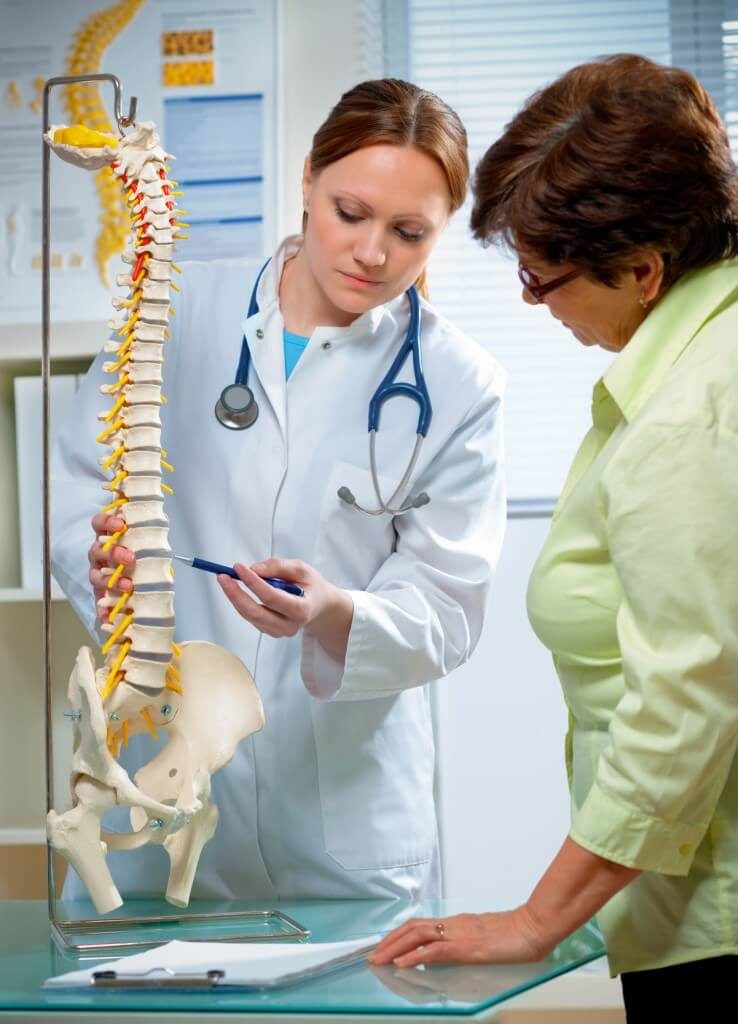
A disk is a jelly-like piece of your spine that sits between each vertebra in your back. A herniated disk is when the nucleus part of the disk protrudes through a tear in the annulus. These tears can occur anywhere in your spine and typically irritates a nearby nerve. Sometimes, this leads to pain, numbness, or weakness in an arm or leg. However, there are other times; no symptoms show up. Surgery is not usually necessary for this issue. Here are some ways you can tell if you have a herniated disk.
Herniated Disk Symptoms
Arm or Leg Pain
With a herniated disk in your lower back, you’ll feel the most pain in your buttocks, thigh, and calf. Experiencing pain in your foot is normal too. If the herniated disk is in your neck, the pain will occur in your shoulder and arm. It might extend into your arm or leg when you cough, sneeze, or make specific movements. The pain is typically a sharp, burning sensation.
Numbness or Tingling
Numbness or tingling is a common symptom people experience as well. It’s often radiating and occurs in the area where the nerves are being affected.
Weakness
Weakness is also an issue patients have because the nerves being affected are in contact with muscles. This symptom can disrupt your balance or cause you to stumble. It can also change your ability to lift or hold things.
These are all manageable symptoms. Some people don’t even experience symptoms. They are unaware of the problem until it comes up on a spinal image.
Causes
There are multiple different ways this issue could surface. Aging and degeneration are the most common cause. Wear and tear causes less flexibility in your disks. You could also contribute to the problem if you use your back to lift heavy objects instead of your legs. Twisting and turning while lifting can be a culprit as well.
Complications
Complications can occur with a herniated disk making your condition worse. Some involve worsening symptoms, bladder or bowel dysfunction, or saddle anesthesia, which is the loss of feeling in areas of the body that would touch a saddle when riding a horse.
The Outlook
You should see a doctor if you experience any of these symptoms. Our staff at Tieperman Health and Wellness is the best and we are ready to help you out! Overall, there are ways to prevent this injury. Options include exercise, maintaining good posture, keeping a healthy weight, and quitting smoking. If you suspect you have a herniated disk, feel free to set up an appointment with Tieperman Health and Wellness. We will do our best to get you back to a pain-free life in no time.
